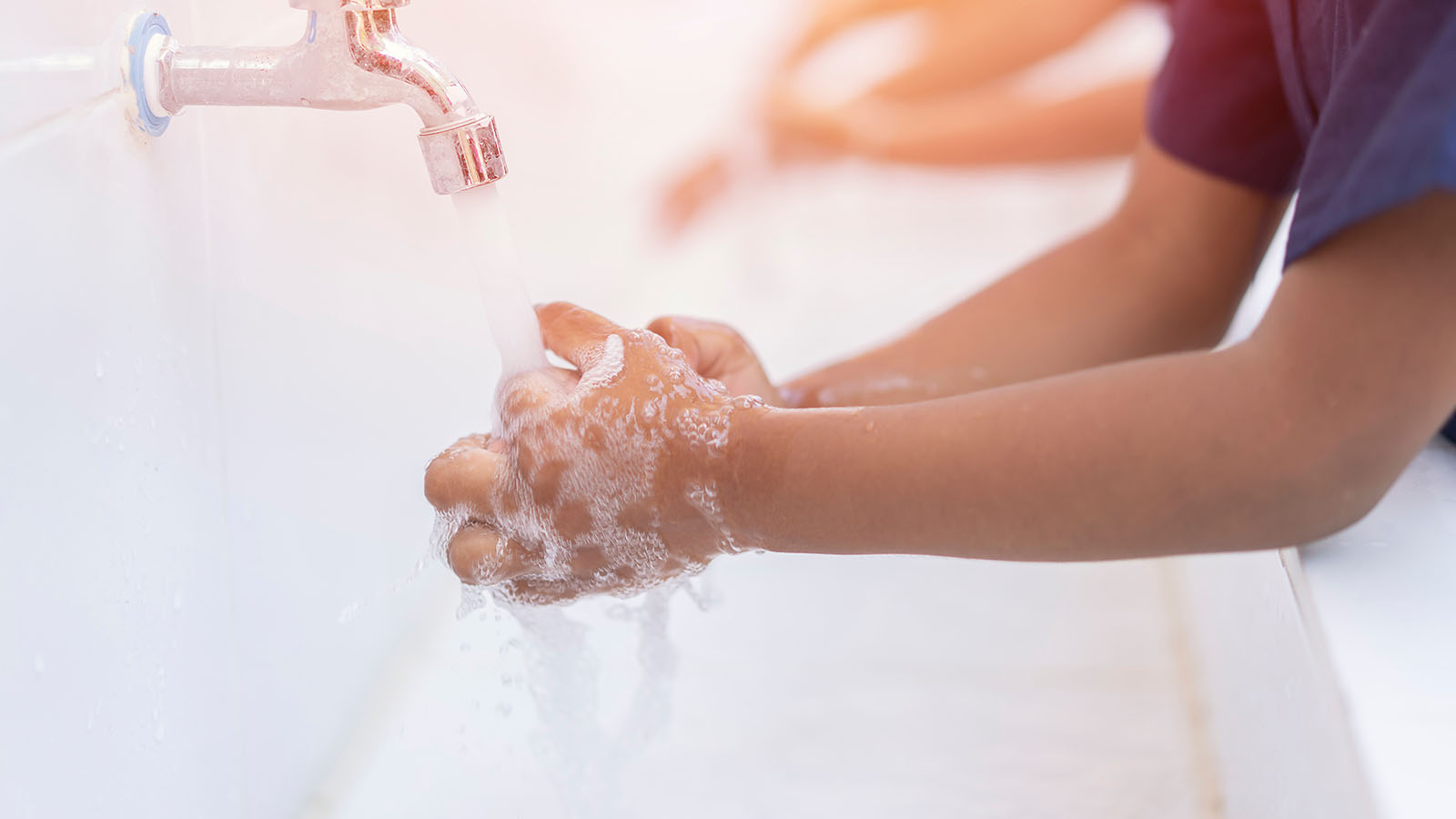By Dr. Lorea Martinez
Schools across the United States are closed because of the new coronavirus, COVID-19, major universities have canceled in-person classes, and companies have mandated employees to work from home. Families have been asked to shelter-in-place, and reduce any contact with other people. Parents are trying to protect their loved ones, while juggling work responsibilities with kids being home and the real possibility of illness in the family.
I have been feeling quite anxious about this rapidly changing situation and overwhelmed by the amount of information available. In these uncertain times, it is likely that many other parents are also feeling fearful and worried, and having a hard time dealing with these emotions while reassuring their kids and making them feel safe. That is understandable. It is difficult to make our kids feel better when we don’t have all the answers or don’t feel in control. If you notice that you are feeling panicked or increasingly anxious, take some time to calm down before you engage with your children. We cannot think as clearly when we are in a reactive mode, so staying calm and focused will help you make better decisions for your family.
Although we don’t know how long this difficult situation will last, we can approach it from a place of optimism and solidarity—realizing that it is temporary and that with everybody’s contribution, we can reduce the likelihood of contagion. If you find yourself only thinking about the negative aspects of this situation, try thinking about the people in your life who will benefit if you don’t get sick or the positive opportunities that may be created. In my case, I am thinking about the chance to spend more time at home with my children.
You may have noticed that children worry when they don’t understand what is happening or are left alone to make sense of what they hear from adult conversations or in the news. It is important that you discuss this topic with your children, even if it is difficult. Here is some advice for parents to discuss the coronavirus with their children:
- Ask them what they know. Children may have already heard about the coronavirus at school or in the playground. Invite your children to tell you what they know and how they feel about it.
- Answer their questions. Give your children an opportunity to ask you questions, and try your best to answer honestly. Use language that your kids can understand and provide examples, but don’t volunteer too much information.
- Share the actions you are taking to stay safe. Discuss with your children the things that you are doing to keep the family safe, and remind them that they too have an important role in keeping the virus from spreading by following the health recommendations from the Centers for Disease Control and Prevention.
- Stick to routines. If your children’s school or daycare is closed, they may have a hard time adjusting to the new situation. Children thrive on routines, so as much as possible create a consistent schedule for meals, bedtimes, and exercise.
- Keep talking. Tell your children that you will keep them updated about new information and invite them to continue to ask you questions or share their feelings. It is important for kids to know that you are keeping them in the loop.
Although it may be difficult to talk with our children about the coronavirus, it is important that we provide them with basic information and make them feel safe. By starting the conversation, you can address their concerns and fears, and work together to make the best out of this challenging situation.
Stay safe and healthy. Stay home.



